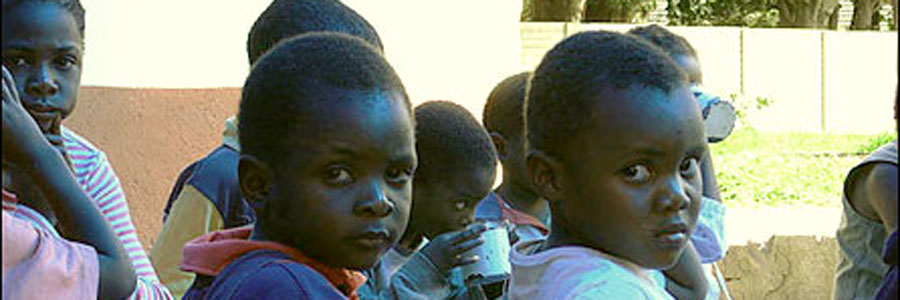
WHEN Gift Mutena’s* grandmother died all his hopes for a good future were shattered.
BY HAZVINEI MWANAKA
He had been robbed of his sole guardian because other relatives had refused to look after him when his parents succumbed to HIV and Aids-related illnesses.
Now at 10, he already knows how to tend to the neighbours’ fields for a fee, a thing other children of his age never experience.
He knows how it feels to sleep on an empty stomach; it is a consequence of orphanhood.
Mutena is one of the estimated one million children in Zimbabwe who live under very difficult circumstances following the death of both parents or when they divorce.
Under African extended family tradition, relatives take care of orphans, but that culture is slowly dying, leaving children without parents at fate’s mercy.
The United Nations Children’s Fund (Unicef) says about 1 million children in Zimbabwe have been orphaned mostly by the Aids pandemic.
- Chamisa under fire over US$120K donation
- Mavhunga puts DeMbare into Chibuku quarterfinals
- Pension funds bet on Cabora Bassa oilfields
- Councils defy govt fire tender directive
Keep Reading
It also says about 3,5 million children are not getting enough nutritious food resulting in a significant percentage of them being malnourished.
Zimbabwe Council of Social Workers chairperson, Philip Bohwasi said many children in the country were in need of social protection. “There are numerous cases of children in need of protection who remain helpless in the community,” said Bohwasi.
It is estimated that Zimbabwe is working on a child/client ratio of one social worker to 49 000 clients, which Bohwasi said was “untenable and unrealistic”. Many social workers left the country at the height of Zimbabwe’s economic crisis — going to Europe where most of them got jobs looking after the aged and infirm in those countries.
As a result, there has been an increase in child abuse cases in the country as most children lack information that could help them avoid such abuses. Those that have been abused, child experts say, were failing to get counselling in time due to the shortage of trained social workers and counsellors.
In December 2012, the police’s Victim Friendly Unit reported that more than 2 400 children under the age of 18 were victims of rape between January and October of that year.
A report on social service delivery system in Zimbabwe for 2013 says the collapse of the social protection systems in the country had resulted in many children failing to get protection from Government.
It says shortages of resources and manpower, particularly that of social workers able to prevent and counsel abused children, were major problems.
The report further highlighted that over 1 500 social workers left for the UK and other countries since 2000.
Birmingham City in the UK alone at one point employed 47 Zimbabwe-trained social workers.
A parliamentary report on social welfare says the 2014 national budget has failed to provide adequately for systems that are critical in assisting vulnerable citizens.
About US$10,7 million was availed for support of vulnerable groups such as children and the elderly in the 2014 budget.
The parliamentary report says 2 923 children at orphanages had no support and many homes may be forced to downsize owing to lack of funds.
“The pro-poor budget initiative enshrined in several government blueprints, including the current Zim Asset policy document, will not be realised if some of the critical social budget items remain underfunded,” reads the report.
“The allocations fall short of achieving the basic goals of improving living standards of the poor and vulnerable citizens.”
The report urged government to prioritise budget for children living in difficult circumstances to ensure that minimum basic needs such as food, basic education, health and shelter are met. * Not her real name











